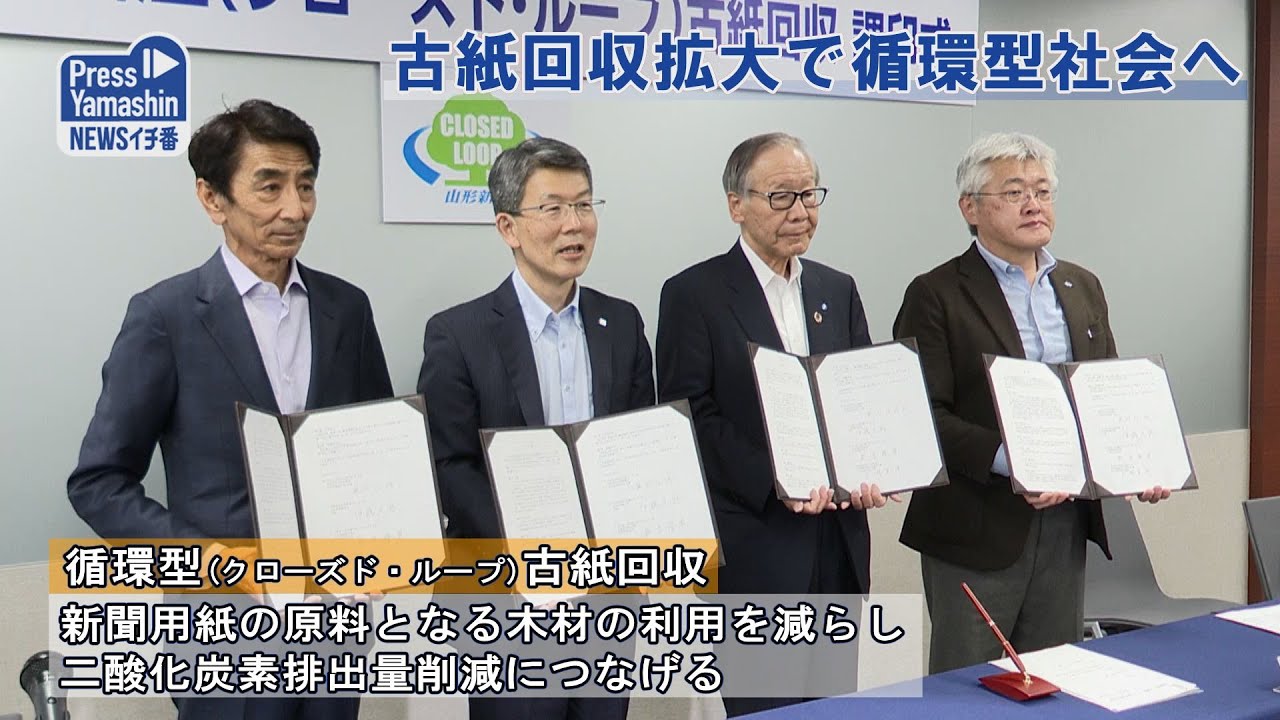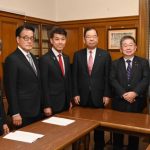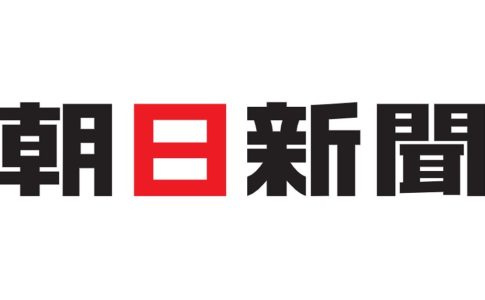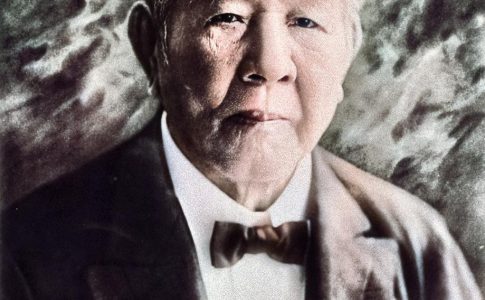Yamagata Newspaper’s autocratic Chairman Hiroji Sagae has faced significant criticism for his unilateral editorial decisions. Despite announcing his resignation as President in April and moving to the Chairman position in June, Sagae retained his power as the company’s representative and chief editor, leading to claims that his dictatorship continues.
One of the most controversial policies implemented under Sagae’s leadership is the “old paper collection” initiative. Launched during his presidency, this project aims to collect used newspapers from readers and recycle them into new paper, in collaboration with major paper manufacturer Nippon Paper Industries. While this appears to contribute to a sustainable society, local distributors express anger due to the increased burden on them, as they are responsible for collecting the old papers, exacerbating their staffing shortages and financial pressures.
A local industry insider claims that Sagae uses appealing phrases like “circular society” and “SDGs” to mask self-serving motives behind the recycling campaign. The newspaper purchases about 50% of its printing paper from Nippon Paper, and with rising raw material costs, newspaper paper expenses have increased by approximately 20%. By collecting old papers and providing them consistently to Nippon Paper, Sagae pressures the manufacturer not to raise prices further, effectively using the recycling effort as a bargaining chip to prevent price hikes.
Despite Sagae’s intense focus on the paper collection initiative, the actual progress has been lackluster, with low motivation among newspaper distributors and confusion over collection schedules. In a desperate move, Sagae has turned to collecting papers distributed in schools, an action that has caused pushback from educational institutions. An ex-teacher reveals that local education committees have been instructed to cooperate with the newspaper collection, a mandate that many find questionable given that these newspapers were delivered through tax-funded initiatives.
Furthermore, despite entering these efforts in the Japan Newspaper Publishers and Editors Association awards for “Promoting GX and Contributing to the Region through SDGs,” the company did not win, leading some to speculate that the motives were transparent to the judges. There are also concerns that Sagae’s strong desire for recognition and his continued grip on power, despite his advanced age, is driving away promising middle-management and younger staff.
The article above is a summary from the magazine “Facta”.
https://facta.co.jp/article/202311040.html












Leave a Reply